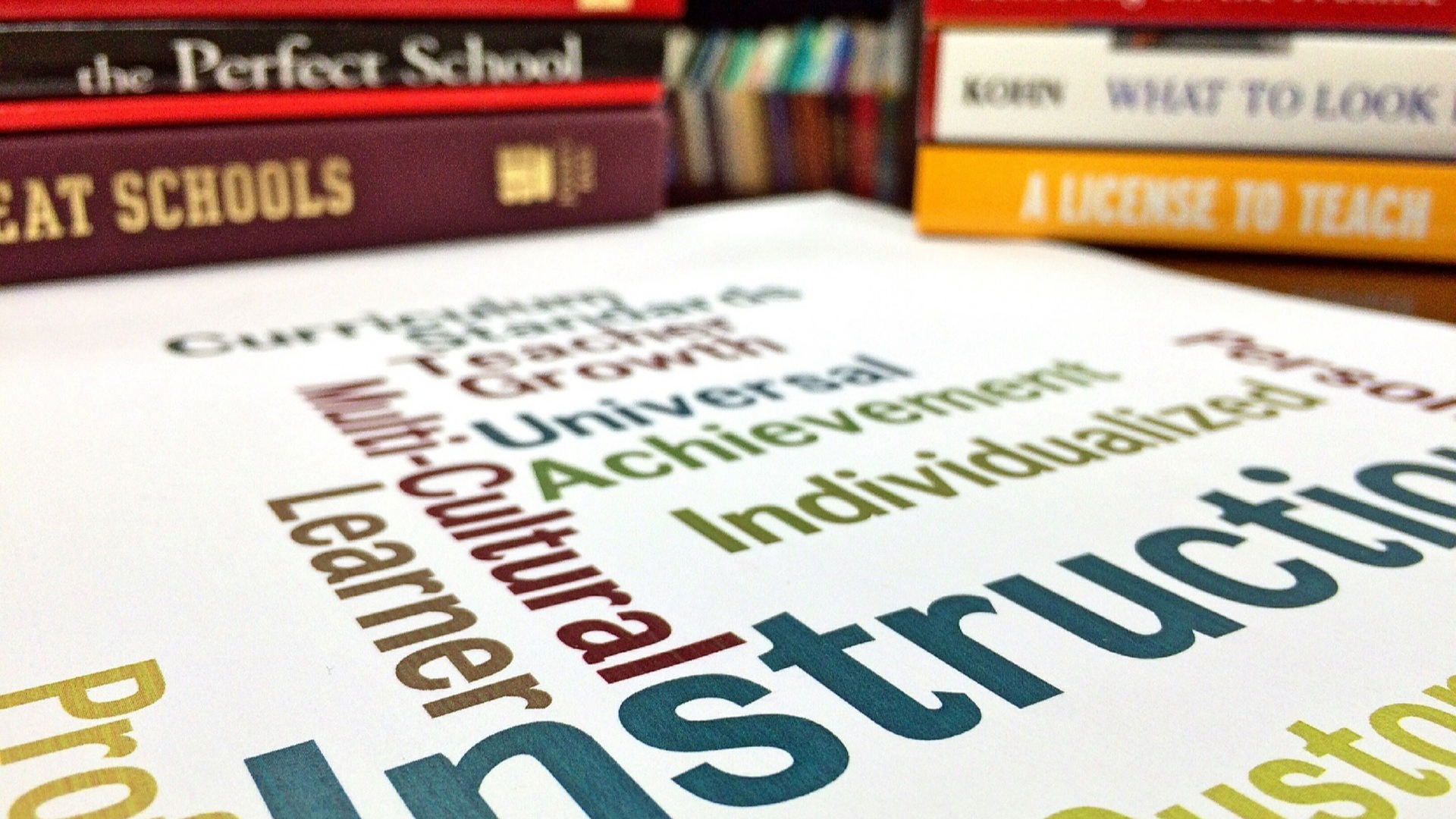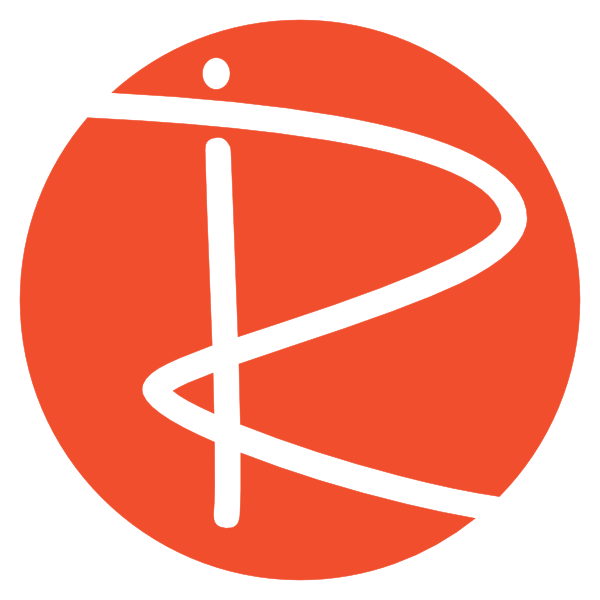
Question
Why do people study online? Why do we use Google?
Because we want to find out an answer to a problem.
Simple, you have a question, you Google it and you have your answer.
Answer
Not so simple. Is the answer you found correct? How do I know that it suits my situation? Is it in the right context? Did we ask the right question? Was the person that provided the answer credible?
Solution, let’s say I have a question. Instead of Google, I call a person who is credible in this area because I know they have already fixed the problem I am trying to solve. They ask the context of my question and then explain what I need to do. I ask additional questions so that I properly understand the answer and what I need to do.
Once content was King and access to knowledge was assumed as the ultimate solution to learning.
Now I wonder if the real solution to learning is the credibility, knowledge and experience of those that we go to learn from. Maybe focusing on the teacher instead of the resources could produce better learning results.
Maybe we are using the technology the wrong way?
Just a thought….
Are we letting the technology be the teacher and is the misinformation that is contained in this new ‘teacher’ why the world seems to be imploding on itself. There is so much amazing interactive content on the web and there is so much we can learn. Spending hours reading interesting articles on sites like Linkedin.com or inc.com is so interesting and you want to tell other people what you now know.
Maybe it is not that we are using technology the wrong way, but that we are allowing technology to control what we know which gives us a false sense of security. We think we are smarter than we really are, but in actual fact we are only as smart as the person that told us the information. If they were wrong, then we don’t even know that we don’t know that it was incorrect information and so we don’t even know that we are not as smart as we thought we were, therefore we are a product of our own gullibility in not checking the validity of the information we are taking in.
There is a lot of trust put in people we don’t know when it comes to the internet. I’m not saying the technology is bad, what I am saying is that we need to educate ourselves with a really good BS meter so that we don’t fall into the trap of passing on incorrect information as fact because we read it on the net and therefore it must be true.
This reminds me of a conversation I had with a colleague of mine about teachers and education.
Conversation
Here’s the scenario. Many students see teachers as just a person passing on knowledge, that will mark their work and pass or fail them at the end of the day. Let’s say we have the same content, the same online platform and the same student. But a choice of two different teachers. One teacher, his name is Ron Greentree, TAFE teacher and the other is Norm Sims, manager of Anna Creek Station SA. 6,000,000 acres with up to 17,000 head of cattle. Purely by the teachers ‘known’ experience, the students will have a different reaction to Norm Simms than Ron Greentree.
If the students knew who Ron Greentree was they may have a higher expectation had they know he owned Milton Downs and Boolcarrol, worth over $200M and covering 47,000 hectares. That knowledge would dramatically improve their expectation and would improve their learning. Why do we go to conferences, to hear experts that we know have ‘been there, done that’.
The perception a student has of their teacher has a dramatic impact on their expectation. If I don’t know what the lecturer has done, then I often don’t have as high an expectation or value in what they say. Can we build up the profile of teachers, so that students know their experience then the students responsiveness should increase? If we can give experiences to teachers that will build their credibility in industry and with students then we have a win/win situation for everyone.
On a side note, if you watch a football game live, you have an expectation, excitement and interest that is way above the level of expectation if you were watching a replay of exactly the same game. Live, real time teaching is still the most effective and this comes as a direct result of expectations of what is real and current and being able to question the credibility of what someone is saying in an online session.
So my thoughts are that teachers with known credibility will improve student outcomes and making more use of ‘live’, real time technology, where appropriate, will save a bucket load of development time and more than likely improve teachers motivation and student results.
Now if only we had statistics to prove the theory. We sort of do. Radio, TV, newspapers and magazines have been educating people for years (or at least sharing opinions) by using ‘credible’ sources. As an education organisation, we might tick the audit-ability boxes with the department of education, but do with tick the ‘credibility’ boxes with the students.
My opinion – teachers are way more credible than some of the misinformation that can be found on the internet, in fact, teachers are the only solution to successful online education.
Maybe content isn’t King after all… maybe people are the most valuable resource…
Just a thought….
